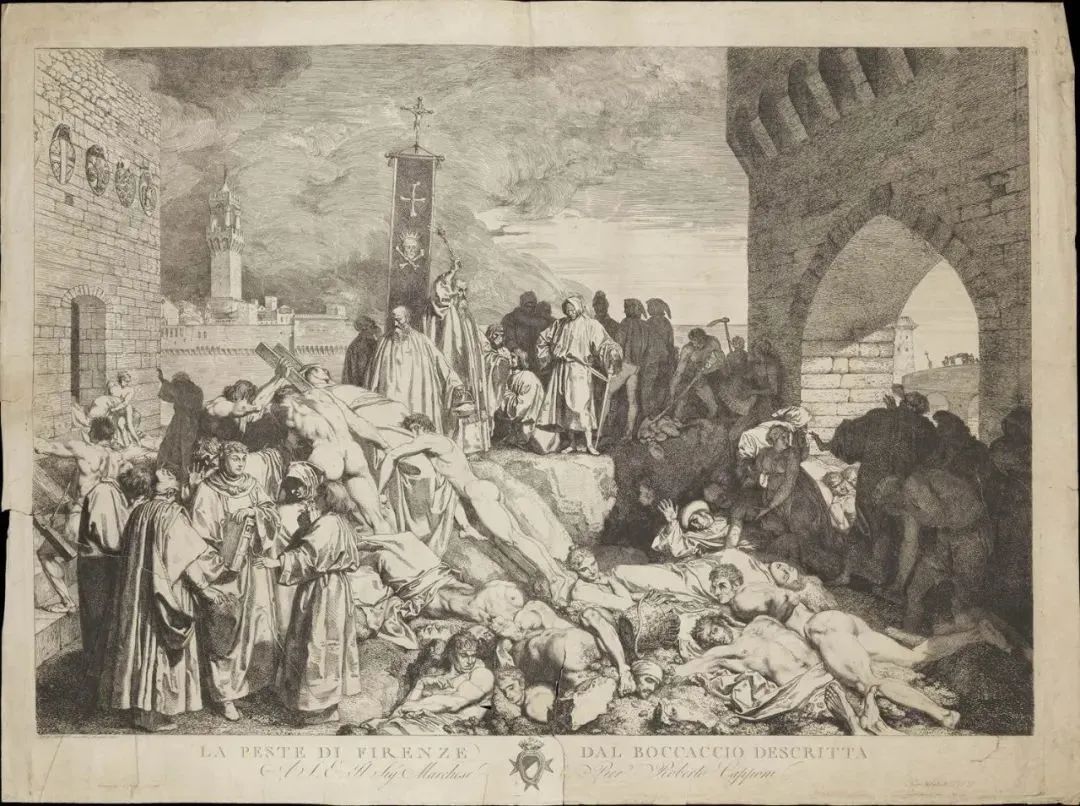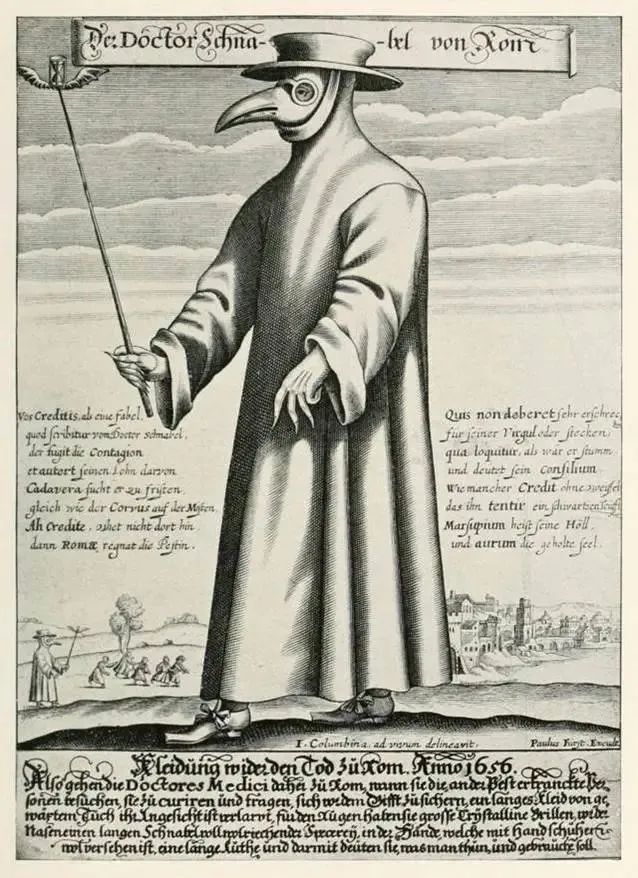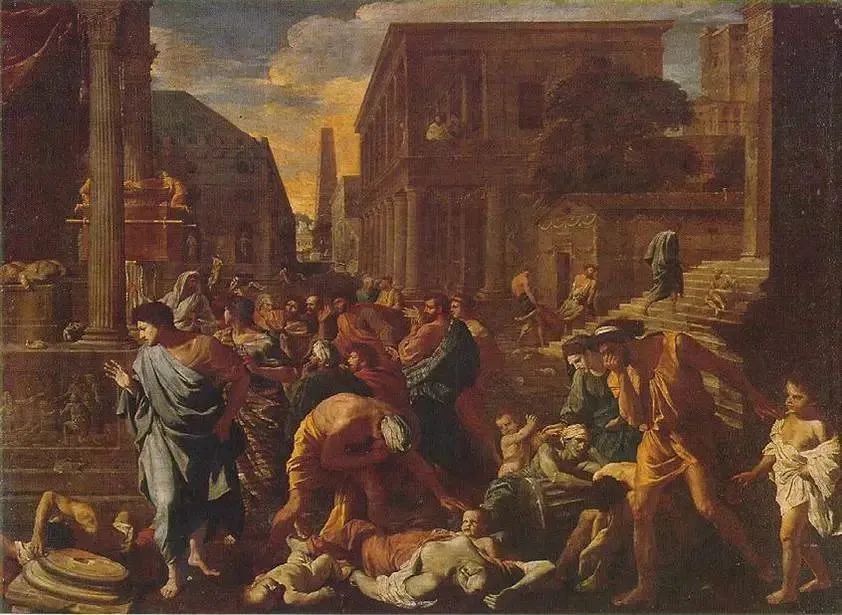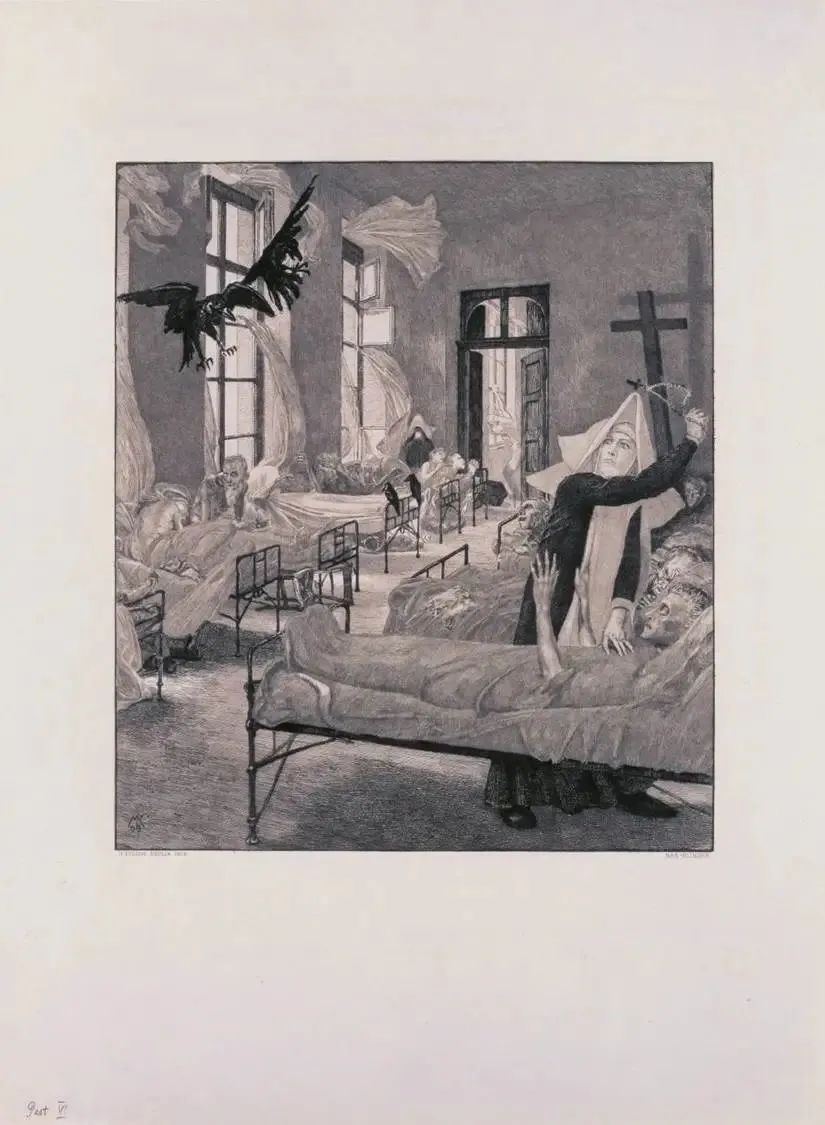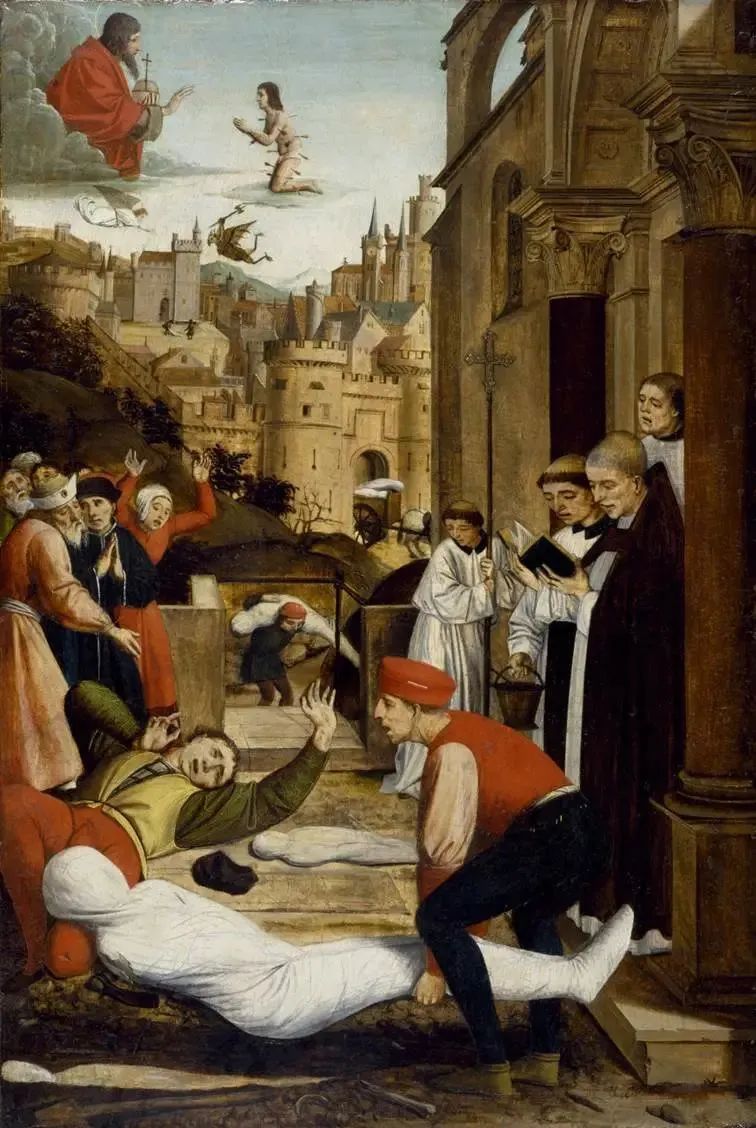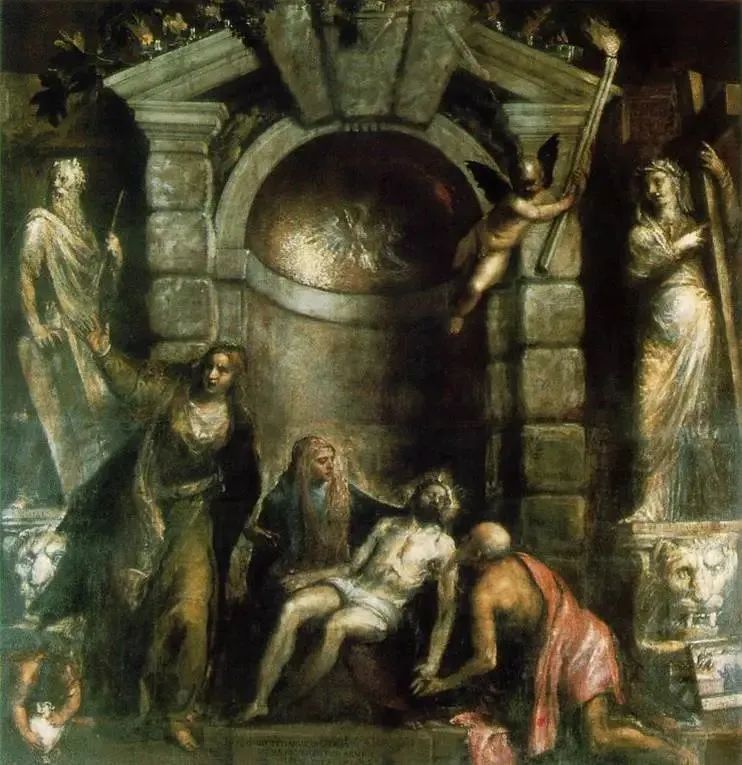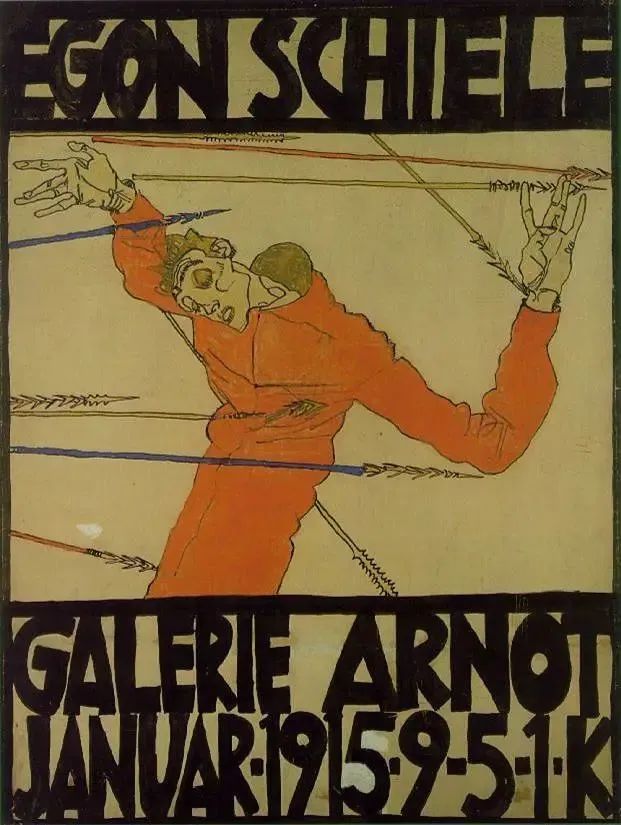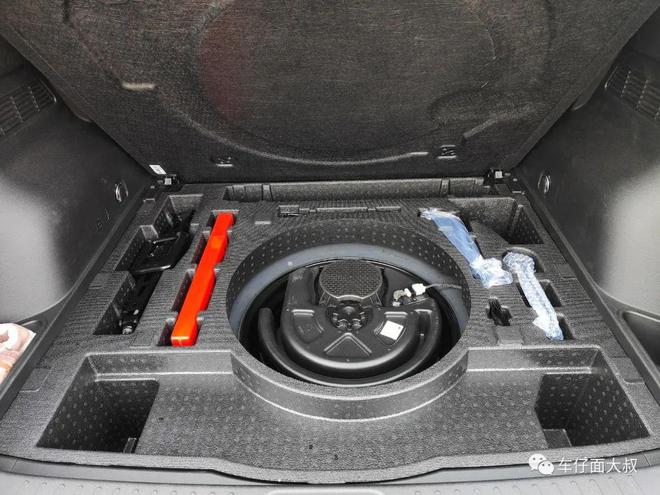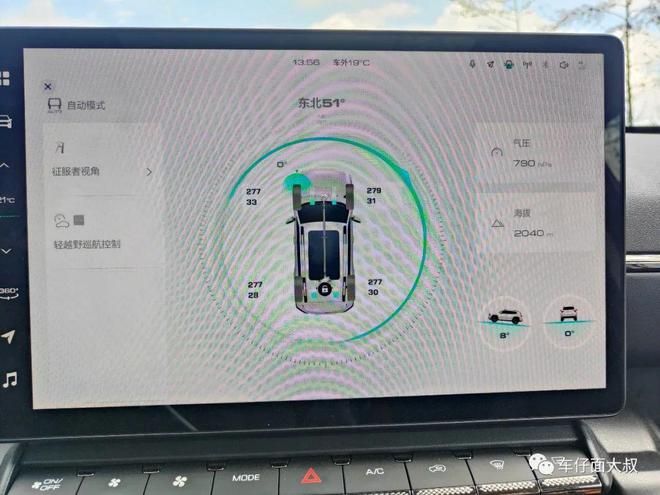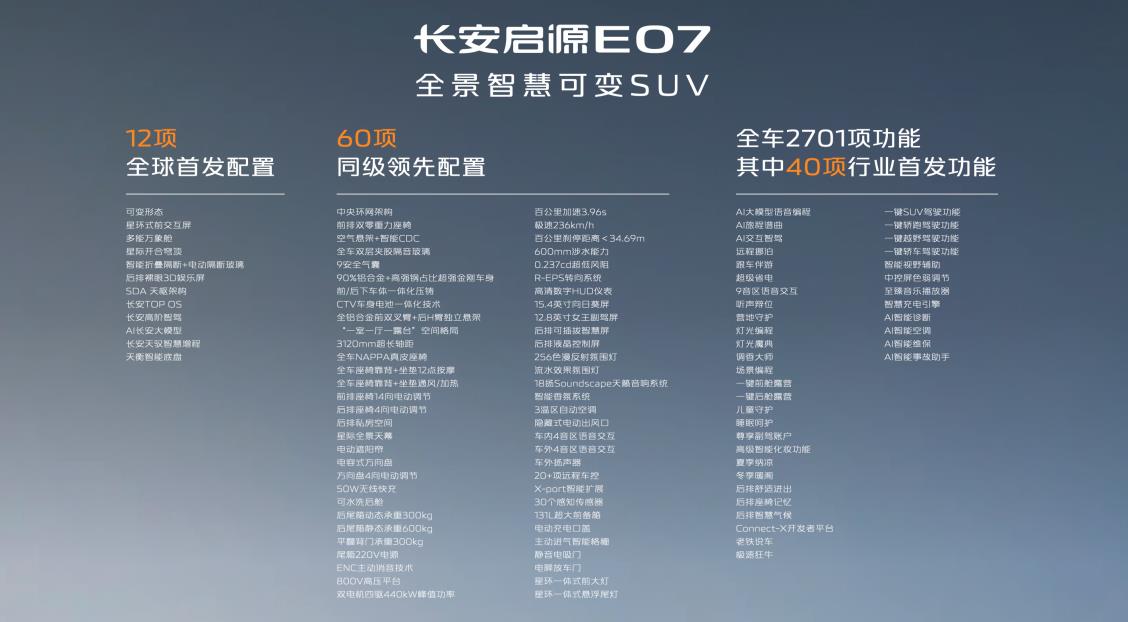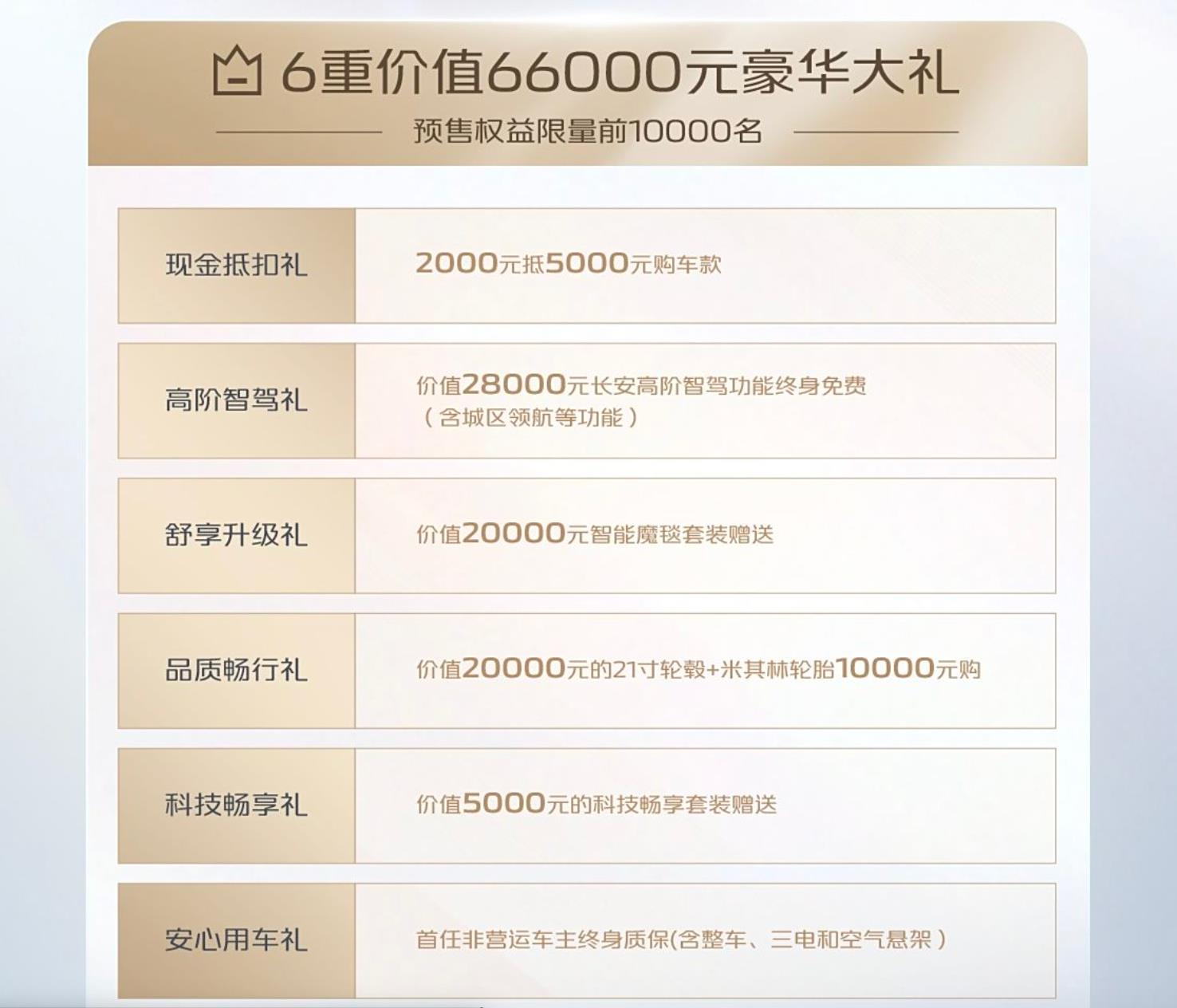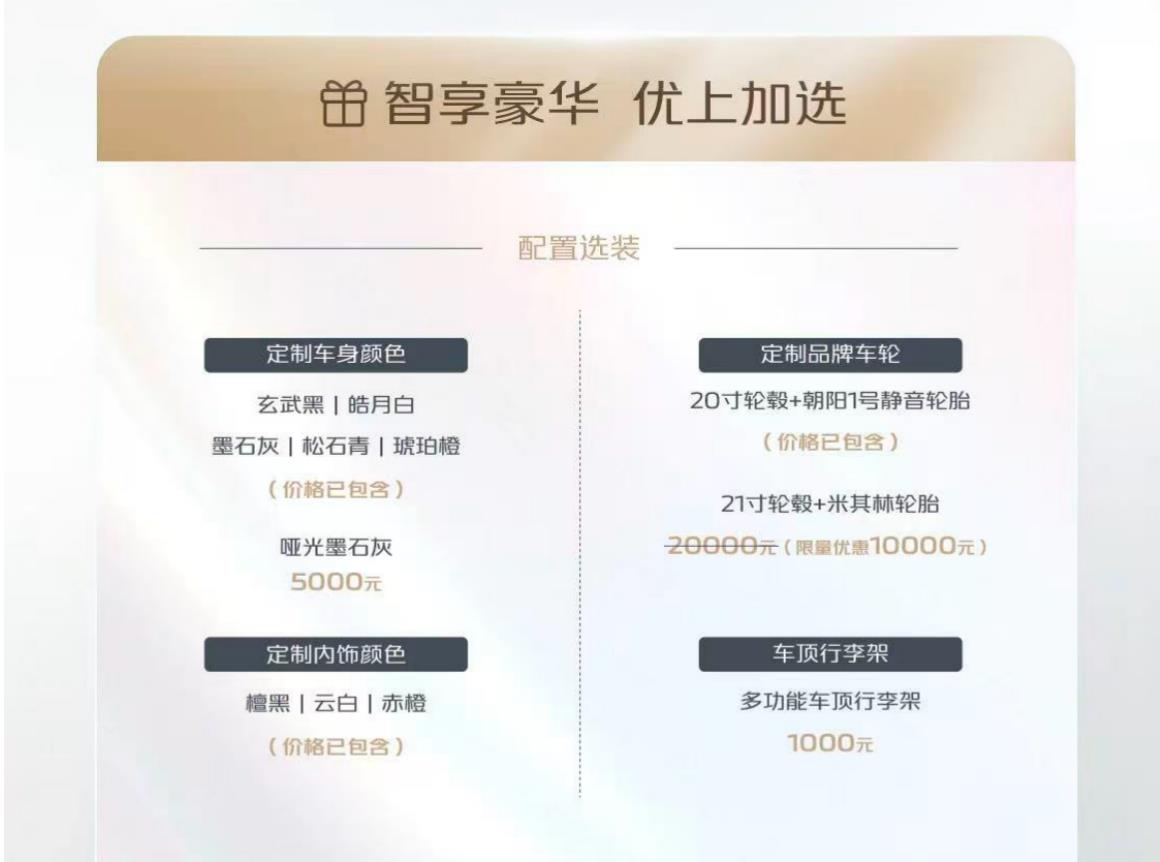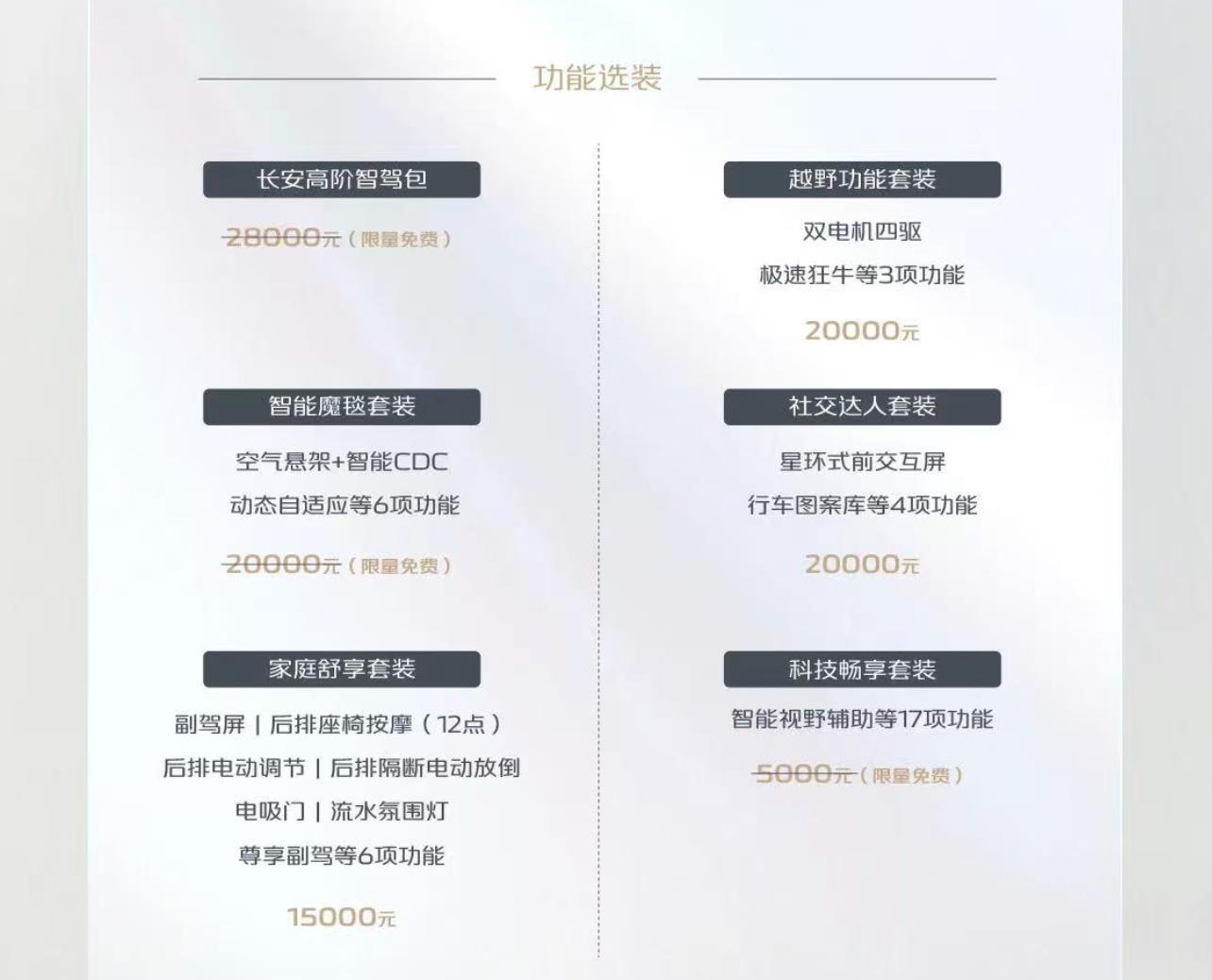Provisions of the Supreme People’s Procuratorate Ministry of Public Security and Ministry of Finance on Protecting and Rewarding Informants of Duty Crimes
Xinhua News Agency, Beijing, April 8-the Supreme People’s Procuratorate, the Ministry of Public Security and the Ministry of Finance recently jointly issued "Several Provisions on Protecting and Rewarding Informants of Duty Crimes". The full text of the regulation is as follows:
Provisions of the Supreme People’s Procuratorate Ministry of Public Security and Ministry of Finance on Protecting and Rewarding Informants of Duty Crimes
Article 1 In order to safeguard the lawful rights and interests of informants and encourage individuals and units to report duty crimes according to law, these Provisions are formulated in accordance with the relevant provisions of the Constitution of People’s Republic of China (PRC) and the Criminal Procedure Law of People’s Republic of China (PRC) and in combination with judicial practice.
Article 2 Individuals and units are encouraged to report duty crimes by real names according to law.
If you use your real name or unit name to report, and you have specific contact information and recognize the reporting behavior, it is a real name report.
Article 3 People’s procuratorates, public security organs and financial departments shall work closely together to protect and reward informants.
Article 4 Any individual or unit that reports a duty crime to the People’s Procuratorate according to law shall have its legitimate rights and interests protected by law. The people’s procuratorate must keep the contents of the report and the information of the informant strictly confidential.
Article 5 The People’s Procuratorate shall take the following confidentiality measures for reporting duty crimes:
(a) the report shall be accepted by a special person, in a special place or through a special website or telephone, and irrelevant personnel shall not be present.
(two) the clues should be entered into a special computer by a special person, and the password should be strictly managed. Special computers should be physically isolated from the Internet. Without the approval of the attorney general, other staff members may not view it.
(three) the report materials shall be stored in a place that meets the confidentiality requirements, and irrelevant personnel shall not enter.
(4) When reporting clues to the procurator-general, the relevant materials shall be sealed in confidential bags, and the confidential number shall be filled in, which shall be unsealed by the procurator-general himself.
(five) it is strictly prohibited to disclose the contents of the report and the personal information such as the name, address and telephone number of the informant, and it is strictly forbidden to transfer the report materials to the reported person or the reported unit.
(six) when investigating and verifying the situation, it is strictly forbidden to produce the original or photocopy of the report materials; Except for the need of investigation and the approval of the chief procurator, it is strictly forbidden to identify the handwriting of anonymous reporting materials.
(seven) when contacting and replying to an informant through a special reporting website, the inquiry password obtained by the informant at the time of reporting shall be checked, and the reply shall not involve the specific content of the report.
(eight) other security measures that should be taken.
Article 6 After accepting a real-name report, the people’s procuratorate shall, in accordance with the relevant provisions, make a comprehensive assessment of the possible risks and their nature, degree and impact, draw up the risk level, and make a plan for the protection of informants according to the determined risk level.
In the process of handling a case, the people’s procuratorate shall adjust the risk level in a timely manner according to the changes in the actual situation.
Article 7 In any of the following circumstances, it is an act of retaliation against an informer:
(1) Violating the personal safety of informants and their close relatives by violence, threat or illegal restriction of personal freedom;
(two) illegal possession or damage to the property of informants and their close relatives;
(three) planting and framing informants and their close relatives;
(4) Insulting or slandering informants and their close relatives;
(five) dismissal, dismissal or dismissal of informants and their close relatives in violation of regulations;
(6) Deducting or disguising the wages, bonuses or other welfare benefits of informants and their close relatives;
(seven) the whistleblower and his close relatives were given disciplinary and administrative sanctions without reason, or deliberately violated the regulations to increase the punishment;
(eight) making things difficult for informants and their close relatives in terms of job promotion, job arrangement, rating assessment, etc.;
(nine) the reasonable application made by the informants and their close relatives should be approved without approval or delay;
(ten) other acts that infringe upon the lawful rights and interests of informants and their close relatives.
Article 8 If an informer and his close relatives suffer or may suffer retaliation after reporting his real name to the People’s Procuratorate and request protection from the People’s Procuratorate, the People’s Procuratorate shall promptly verify it and take the following measures according to different situations:
(1) If the personal and property safety of informants and their close relatives is threatened, necessary protective measures shall be taken in accordance with the provisions of Article 9 of these Provisions;
(2) If the whistleblower and his close relatives have been wrongly dealt with due to retaliation, they shall advise the relevant departments to correct them;
(three) informants and their close relatives suffered serious personal injury or heavy property losses due to retaliation, they should coordinate with relevant departments to provide assistance in accordance with the provisions.
If there is evidence that the whistleblower and his close relatives may be subjected to retaliation by the person in charge of the unit, the people’s procuratorate shall ask the relevant unit or individual to make an explanation or explanation. If it should be given organizational treatment or disciplinary action, the people’s procuratorate may transfer relevant evidence and other materials to the organization department and the discipline inspection and supervision organ, and the organization department and the discipline inspection and supervision organ shall handle them in accordance with relevant regulations.
Article 9 If the personal and property safety of informants and their close relatives is threatened, the people’s procuratorate shall take one or more of the following protective measures:
(a) prohibit specific personnel from contacting informants and their close relatives;
(two) to take special protective measures for the person, property and residence of the informants and their close relatives;
(3) Other necessary protective measures.
If the people’s procuratorate needs the assistance of the public security organ in the work of protecting informants, it shall consult the public security organ for handling, and the public security organ shall give assistance within the scope of its duties.
If an informant directly requests protection from the public security organ and emergency measures must be taken, the public security organ shall take emergency measures first and notify the people’s procuratorate that accepted the report in time.
Article 10 If an informer and his near relatives suffer retaliation, resulting in personal injury, reputation damage or property loss, the people’s procuratorate shall support him in making a claim for compensation according to law.
Article 11 If it is really necessary for an informer to testify in a lawsuit, and his or her close relatives are in danger of retaliation for testifying, the people’s procuratorate shall take protective measures to keep personal information such as his or her real name, address and work unit secret, and may use a pseudonym instead of the informer’s personal information in legal documents and evidence materials such as the indictment, inquiry record, etc., but it shall explain the use of the pseudonym in writing, indicate the classification and file it separately.
If the people’s court notifies the reporter as a witness to testify in court, and the reporter and his close relatives are in danger of retaliation for testifying, the people’s procuratorate shall suggest that the people’s court take measures such as not exposing the appearance and true voice of the reporter to testify in court.
Twelfth take revenge or instruct others to take revenge against informants and their close relatives, shall be punished according to discipline; If it constitutes a violation of public security administration, it shall be punished according to law; If a crime is constituted, criminal responsibility shall be investigated according to law.
If a criminal suspect who has been released on bail pending trial or under residential surveillance retaliates or instigates others to retaliate against informants and their close relatives, the people’s procuratorate shall arrest the criminal suspect according to law. Before deciding to arrest, you can detain first.
Thirteenth people’s Procuratorate’s protection of informants shall be coordinated by the reporting center, and the investigation department, public prosecution department and judicial police department shall strengthen cooperation and jointly do a good job in protection.
Article 14 If the tip-off clue is verified and the reported person constitutes a crime, the real-name tip-off person who actively provides the tip-off clue and assists in solving the case shall be given certain spiritual and material rewards in accordance with the relevant provisions of the state.
Units that report meritorious service may be rewarded in accordance with relevant state regulations. However, if the reporting unit is a crime unit, it shall comprehensively consider the actual situation of the unit and its role in case detection and other factors to determine whether to give rewards.
Fifteenth people who report meritorious service shall be rewarded according to the relevant provisions of the state. Personal reward methods are honor reward and bonus reward. Honorary awards include awarding flags, certificates, medals, certificates, etc.
Rewards for reporting meritorious units generally take the form of honorary awards.
Article 16 The rewards for informants of duty crimes shall be decided by the people’s procuratorate.
If a bonus is given, the people’s procuratorate shall determine the amount of the bonus according to the nature, circumstances and the value of the reported crime. The bonus amount of each case is generally not more than 200,000 yuan. Informants who have made significant contributions, with the approval of the provincial people’s procuratorate, can be rewarded at more than 200 thousand yuan, with a maximum of 500 thousand yuan. Have a particularly significant contribution, approved by the the Supreme People’s Procuratorate, not subject to the above amount restrictions.
Seventeenth for many people to jointly report the same case, the implementation of a case of a prize, the sum of the reward amount of each meritorious person shall not exceed the upper limit of the reward amount of each case as stipulated in Article 16 of these Provisions.
If more than one person reports the same case successively, in principle, the whistleblower who reports the case first or plays a major role in detecting the case will be rewarded. If the reporting materials provided by other informants play a direct role in detecting cases, they may be rewarded as appropriate.
Eighteenth reward informants, generally should be carried out after the relevant judgment or ruling takes effect.
If the people’s procuratorate decides not to prosecute the informer in accordance with the second paragraph of Article 173 of the Criminal Procedure Law of People’s Republic of China (PRC), it may decide whether to reward the informer according to the specific circumstances of the case.
Article 19 The reward may be applied by the informant to the reporting center of the people’s procuratorate, or decided by the people’s procuratorate ex officio.
Article 20 The list of persons to be rewarded, the method and amount of rewards shall be put forward by the reporting center of the people’s procuratorate and submitted to the chief procurator for decision.
Twenty-first reporting bonus issued by the people’s Procuratorate reporting center is responsible for. The reporting center may, through appropriate means, notify the winners to collect them at the people’s procuratorate or at a place it deems appropriate. When issuing, there should be more than two prosecutors present.
Twenty-second people’s Procuratorate timely announced to the public the reward work. Involving the disclosure of informer information, it shall obtain the consent of the informer.
Article 23 If an informant who meets the reward conditions dies, is declared dead or loses capacity before receiving the reward, the people’s procuratorate shall distribute the bonus to his successor or guardian.
Twenty-fourth reward funds by the financial sector included in the budget, overall arrangement.
Twenty-fifth people’s procuratorates shall strengthen supervision over the work of reporting rewards. If the reporting center, investigation department, public prosecution department, and planning and financial equipment department find that there are fraudulent and other violations in the reporting and reward work, they shall report to the procurator-general for correction. If the people’s procuratorate at a higher level finds that the people’s procuratorate at a lower level has violated the provisions in reporting rewards, it shall correct it.
Twenty-sixth in any of the following circumstances, the directly responsible person in charge and other directly responsible personnel shall be punished according to discipline and law; If a crime is constituted, criminal responsibility shall be investigated by judicial organs according to law:
(1) Deliberately or negligently disclosing the name, address, telephone number, report content, etc. of an informer, or transferring the report materials to the informer;
(two) should make a plan for the protection of informants and take protective measures without making or taking them, resulting in serious personal injury or heavy property losses to informants and their close relatives;
(three) interception, embezzlement, misappropriation, misappropriation of reward funds for reporting, or payment of reward funds for reporting in violation of regulations.
Article 27 The term "duty crime" as mentioned in these Provisions refers to the crime of corruption and bribery committed by state functionaries as stipulated in Chapter VIII of the Specific Provisions of the Criminal Law, the crime of dereliction of duty as stipulated in Chapter IX of the Specific Provisions of the Criminal Law, the crime of violating citizens’ personal rights and the crime of infringing citizens’ democratic rights committed by state functionaries by taking advantage of their powers.
Twenty-eighth individuals and units report violations to the discipline inspection and supervision organs, and after the relevant cases are transferred to the people’s procuratorate for investigation due to suspected duty crimes, these Provisions shall apply to the protection of informants.
Article 29 These Provisions shall come into force as of the date of promulgation.

